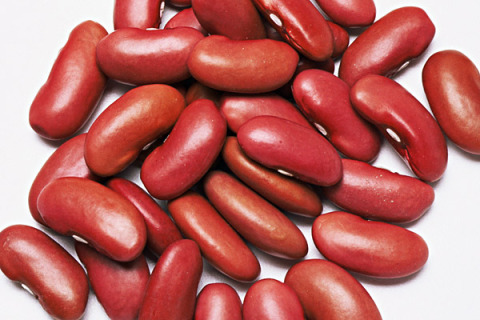Spare the Beans, Spoil the Budget

The Trump Administration has decided that we spend too much on kidney disease, and so has rolled out an initiative to fight it. Kidney disease is bad, ultimately kills a lot of people, and costs a lot in the interim, particularly on dialysis (over $110 billion / year).
The administration wants more people getting at-home dialysis than the 12% that presently are. HHS Secretary Alex Azar compares that to at-home rates of 85% in Hong Kong (a fairly homogenous, and controlled population), and 56% in Guatemala (a place so lovely its citizens are trying to cross our southern border). So those are interesting comparisons.
The administration wants easier access to for the over 100,000 on the kidney donation waiting list. “Azar said he believes it’s possible to double the number of kidneys available for transplant by 2030. ‘There is currently a lack of accountability and wide variability among these organ procurement organizations,’ he said. ‘The executive order will demand a much higher level of accountability.’ He also said living donors could receive compensation from the government for lost wages and child care.” Ah, well no chance of bureaucratic fumbling or outright corruption there. Double the number of available kidneys, really? Are there that many beans unused, untallied, or otherwise going to relative waste presently?
Thankfully the administration wants to prolong the life of the kidneys currently on the job. “To implement parts of the order, the Centers for Medicare and Medicaid Services announced Wednesday five proposed payment models intended to increase innovation in the delivery of kidney care.”
Huh, what, did someone say “money?”
A cited expert said, “‘But there lacked a good payment structure incentive for preventing kidney failure, which seems not intuitive and seems obviously something that we should fix.’
The executive order proposes to change the way Medicare providers are paid to motivate them to focus on patient education and preventing the progression of kidney disease.” How does the government know we weren’t “motivated” to prevent the progression of kidney disease? Did physicians suddenly stop treating hypertension and diabetes? This more than smells like another shot at a pay-for-performance assault, where the performers with less-complicated and more compliant patients will get a smidgen of reward at the expense of their colleagues with more problematic clients. That 2-pack a day fellow spilling protein is costing you money – what to do, what to do?
“It also calls for an awareness campaign. ‘Forty percent of Americans with some stage of kidney disease do not know they have it,’ Health and Human Services secretary Alex Azar told reporters on a call Wednesday morning.” Because again, doctors were just going to ignore this problem until the federal government stepped in to save patients.
This opens up another issue that neither the administration, nor Congress, nor doctors will dare address, although the actuaries will understand. If this moon shot at kidney disease lives up to the rhetoric, then Medicare will save a lot of money by reducing the dialysis rolls. Those Medicare beneficiaries will presumably live longer, deferring the day that they end up on dialysis or receiving some other expensive treatment; so in the long run they will have more years on Medicare, and the ratio of productive years when they paid in vs. retired years when they took out will shrink. So in the long run, if this works, Medicare will cost more, which will defeat the real reason for this latest flailing.









Some congressional relative started pissing protein. Raise awareness! Blame someone.
Yup.